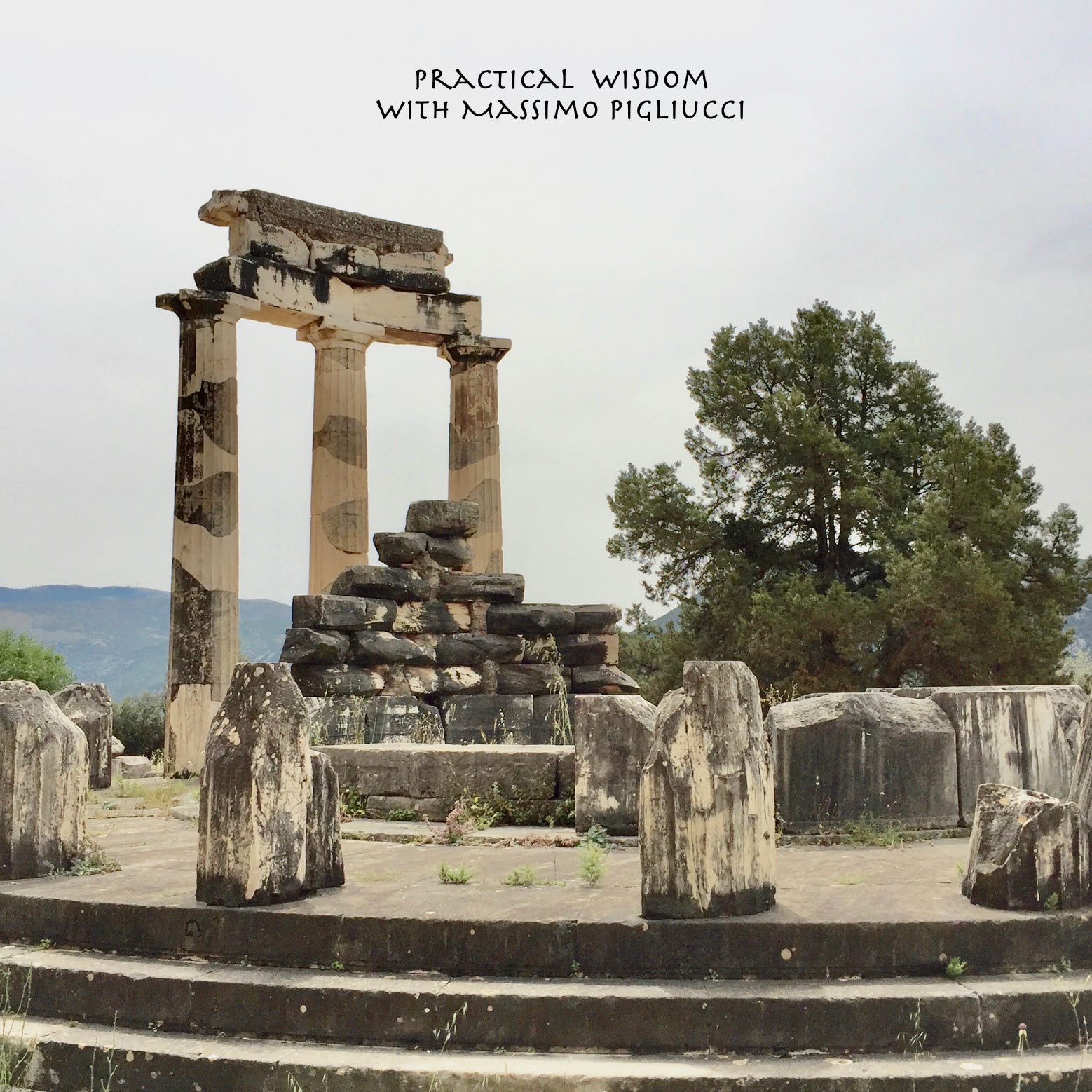Sep 27 2024 5 mins 19
“Virtue, then, is twofold, intellectual and moral. Both the coming-into-being and increase of intellectual virtue result mostly from teaching—hence it requires experience and time—whereas moral virtue is the result of habit, and so it is that moral virtue got its name [ēthikē] by a slight alteration of the term habit [ethos]. It is also clear, as a result, that none of the moral virtues are present in us by nature. …
For as regards those things we must learn how to do, we learn by doing them—for example, by building houses, people become house builders, and by playing the cithara, they become cithara players. So too, then, by doing just things we become just; moderate things, moderate; and courageous things, courageous. …
As a result of building houses well, people will be good house builders; but as a result of doing so badly, they will be bad ones. If this were not the case, there would be no need of a teacher, but everyone would come into being already good or bad. So too in the case of the virtues: by doing things in our interactions with human beings, some of us become just, others unjust; and by doing things in terrifying circumstances and by being habituated to feel fear or confidence, some of us become courageous, others cowards. …
It makes no small difference, then, whether one is habituated in this or that way straight from childhood but a very great difference—or rather the whole difference.”
(Nicomachean Ethics, II.1)
The Philosophy Garden, Stoicism and beyond is a reader-supported publication. To receive new posts and support my work, consider becoming a free or paid subscriber.
This is a public episode. If you’d like to discuss this with other subscribers or get access to bonus episodes, visit thephilosophygarden.substack.com/subscribe
